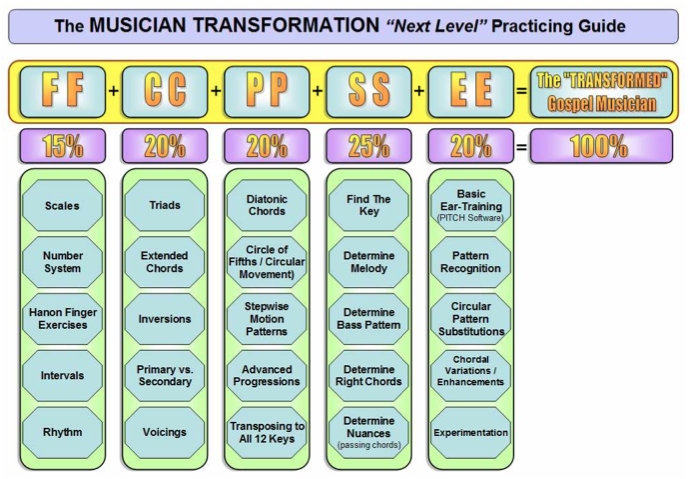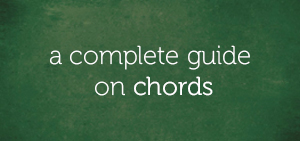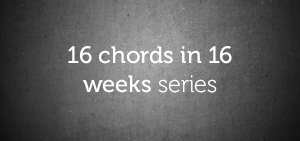I’ve probably received thousands of questions over the years on how to practice, what to practice, how frequently to practice, what time to practice, why practice regularly, and other related questions. And several years ago, I finally created a 37-pg guide, “The Missing Chapter,” where I introduced and thoroughly explained a practice regimen you can put to work for you.
In the guide, I break practicing into 5 distinct sections (you’ll have to read the guide to find out what the 5 sections — FF, CC, PP, SS, EE — are). The first deals with the fundamentals.
In this post, I want to focus on “Hanon Finger Exercises.”
What are Hanon Finger Exercises?
They are exercises specifically designed to train the pianist in speed, precision, agility, independence, dexterity, and strength of all of the fingers (and wrist too!).They were created in the late 1800s by Charles-Louis Hanon, thus the short name “Hanon exercises.”They may come across as scales at first glance but are strategically designed to focus on certain fingers, depending on what exercise you’re on. Some focus on several fingers at once (like the pinky and ring finger, which are known to be the “weakest links”). And other exercises focus on other areas.One thing is for sure… Once you’ve mastered each exercise at the maximum speed suggested, you’ll feel it and your piano playing will DEFINITELY show it!
Why are Hanon Finger Exercises Important?
Often times, when people practice, they are working on chords and progressions, and that is totally fine.
And outside of classical music, unless an “ear-musician” (someone who ONLY plays by ear) is exposed to exercises like this, they have no systematic way to get their fingers strong, independent and faster (…so they can play runs, licks, and scales with speed and precision).
Maybe they’ll practice scales but these can get boring and repetitive over time. The end result is that ear-musicians will usually warm up with a few scales but the bulk of the attention will be put elsewhere.
And this isn’t our fault!
1) Most ear-musicians have no idea what or who Hanon is… or his exercises!
2) Even if one is recommended Hanon by a friend (like I was several years ago), they must know how to read sheet music to play the exercises (or find a way to get them written out in letter format).
3) Then, if they find out how to play the exercises, they often times do them incorrectly and learn bad habits that have to be reversed later on (or worse, ignored).
If You’ve Ever Said Any Of The Following, You’d Benefit From Hanon Finger Exercises…
[list style=”xred”]
- “Nope, not my fingers. I can’t play that fast…”
- “My fingers are too small to reach that far…”
- “Wow, I wish I could play runs that perfect…”
- “That musician is from another planet…”
- “I’m never going to be able to play without fumbling over notes…”
- “I practice scales but I don’t seem to be getting any better…”
- “I’m too ___(fill in any excuse)___ to play so perfectly at that speed…”
[/list]
That’s why we created our Hanon Video Training program, featuring James Wrubel, a professional jazz musician who is classically-trained with over 25 years of experience.
[list style=”arrowgreen”]
- Increase the speed of your major, minor, blues, pentatonic, and other scales by two and three times. Have you ever wondered how some musicians get that lightening-fast speed? Now’s your chance to practice like the pros.
- Take control of your fingers. If you suffer from shaky and uncoordinated fingers, you’ll definitely benefit from these exercises. Build strength, control, and dexterity now.
- Move across the keyboard like the professionals do. Be cautioned, however — They’ve spent years perfecting what they do. You’ll still need to practice but now you can improve your speed in a fraction of the time by following a proven method.
- Strengthen the power of both your left and right hands with these exercises so that you’re never handicapped when it comes time to play a faster song, run, or solo.
- Learn the secrets to obtaining excellent timing both with the help of a metronome and without.
- It’s not JUST what you play, it’s how you play it! A “major scale” played slow may sound basic and elementary sure enough. But do you know if you speed up a major scale by 3 or 4 times, that it will sound amazingly beautiful and can pass as “fancy?” … Trust me, I’ve seen them played like this time and time again.
- Improve both finger coordination and hand control in virtually minutes after the first exercise!
- Perfect tons of finger movements and improve your hand positioning so you never feel out of place or out of bounds when you’re playing!
- Play with the best of them and never feel intimidated again because you’ll have the speed, coordination, and strength to hold up!
- Quickly and easily digest these one-of-a-kind techniques that have been slowed down so you can implement them right away and start seeing instant results!
- Learn how to seamlessly adjust to different tempos and gradually improve your speed playing, one exercise at a time.
- Never run out of gas! Intensify your playing speed and control to a level that’ll even make the pros jealous!
- Utilize a special “Wrist-Rotating” technique that many musicians don’t know but really wish they did (for the maximization of speed)!
- And much more.
[/list]
Click here for more information on our Hanon video training program.








Comments on this entry are closed.